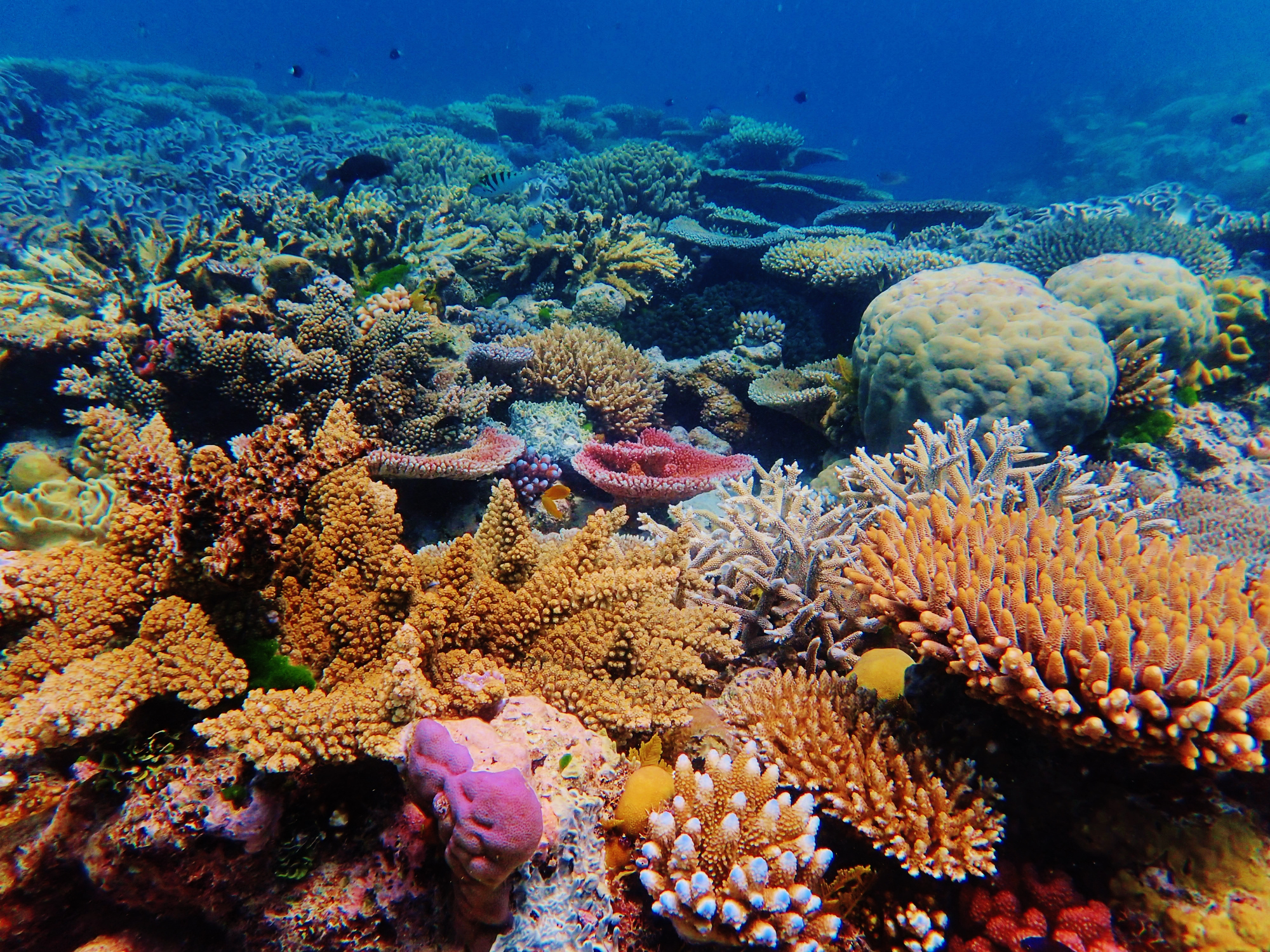Why Australia doesn't want to list the Great Barrier Reef as endangered


A free daily email with the biggest news stories of the day – and the best features from TheWeek.com
You are now subscribed
Your newsletter sign-up was successful
The U.N. has recommended that the Great Barrier Reef be added to the list of endangered World Heritage sites, however, Australia is pushing back. The United Nations Educational, Scientific and Cultural Organization (UNESCO) released a report on Monday saying that without "ambitious, rapid and sustained" climate action, the reef is at risk of falling victim to climate change.
Australia's environment minister, Tanya Plibersek, is arguing against the designation claiming that the report's description of the country's climate inaction is only reflective of its previous conservative government, reports The Associated Press. "We'll very clearly make the point to UNESCO that there is no need to single the Great Barrier Reef out in this way," she said.
The purpose of the designation would be to encourage more conservation action, which Plibersek argues is already being done, writes The Washington Post. She said the government has already designated close to $800 million to protect the reef. "The reason that UNESCO in the past has singled out a place as at risk is because they wanted to see greater government investment or greater government action," Plibersek explained. "Both of those things have happened."
The Week
Escape your echo chamber. Get the facts behind the news, plus analysis from multiple perspectives.

Sign up for The Week's Free Newsletters
From our morning news briefing to a weekly Good News Newsletter, get the best of The Week delivered directly to your inbox.
From our morning news briefing to a weekly Good News Newsletter, get the best of The Week delivered directly to your inbox.
UNESCO agreed that a designation may hinder tourism to the site because it could cause it to be removed from the list of World Heritage sites, however, it also believes listing the reef could allow Australia to become "a world leader in conserving globally significant natural heritage."
"If this World Heritage site is in danger, then most World Heritage sites around the world are in danger from climate change," Plibersek says.
A free daily email with the biggest news stories of the day – and the best features from TheWeek.com
Devika Rao has worked as a staff writer at The Week since 2022, covering science, the environment, climate and business. She previously worked as a policy associate for a nonprofit organization advocating for environmental action from a business perspective.
-
 ‘Those rights don’t exist to protect criminals’
‘Those rights don’t exist to protect criminals’Instant Opinion Opinion, comment and editorials of the day
-
 Key Bangladesh election returns old guard to power
Key Bangladesh election returns old guard to powerSpeed Read The Bangladesh Nationalist Party claimed a decisive victory
-
 Judge blocks Hegseth from punishing Kelly over video
Judge blocks Hegseth from punishing Kelly over videoSpeed Read Defense Secretary Pete Hegseth pushed for the senator to be demoted over a video in which he reminds military officials they should refuse illegal orders
-
 The world’s oldest rock art paints a picture of human migration
The world’s oldest rock art paints a picture of human migrationUnder the Radar The art is believed to be over 67,000 years old
-
 Blue Origin launches Mars probes in NASA debut
Blue Origin launches Mars probes in NASA debutSpeed Read The New Glenn rocket is carrying small twin spacecraft toward Mars as part of NASA’s Escapade mission
-
 Dinosaurs were thriving before asteroid, study finds
Dinosaurs were thriving before asteroid, study findsSpeed Read The dinosaurs would not have gone extinct if not for the asteroid
-
 Canyons under the Antarctic have deep impacts
Canyons under the Antarctic have deep impactsUnder the radar Submarine canyons could be affecting the climate more than previously thought
-
 SpaceX breaks Starship losing streak in 10th test
SpaceX breaks Starship losing streak in 10th testspeed read The Starship rocket's test flight was largely successful, deploying eight dummy satellites during its hour in space
-
 Rabbits with 'horns' sighted across Colorado
Rabbits with 'horns' sighted across Coloradospeed read These creatures are infected with the 'mostly harmless' Shope papilloma virus
-
 Lithium shows promise in Alzheimer's study
Lithium shows promise in Alzheimer's studySpeed Read Potential new treatments could use small amounts of the common metal
-
 Scientists discover cause of massive sea star die-off
Scientists discover cause of massive sea star die-offSpeed Read A bacteria related to cholera has been found responsible for the deaths of more than 5 billion sea stars
